The black plum harvest is coming to an end in Extremadura, and both the demand and prices have been low so far. As of this week, red and yellow varieties with better commercial prospects and lower yields will begin to be harvested.
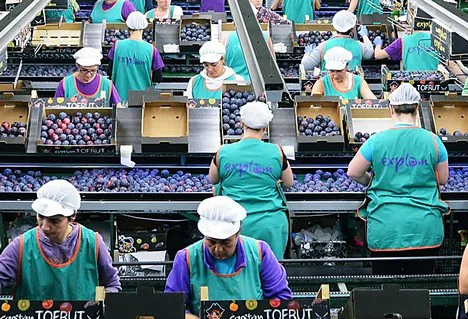
"The bulk of the black plum harvest has already finished and the fruit is already in storage chambers," says José Aurelio García, manager of the Explum cooperative, based in the municipality of Valdecalzada, in the Spanish province of Badajoz. "This first stage of the campaign has been very similar to last year's, with little demand and low prices. Perhaps the fact that the harvests have been carried out earlier than usual, at a time when the demand isn't good, has had a negative impact. Besides, while old plantations have been uprooted in recent years, it seems that there is still a surplus of black plums in the first stage of the campaign."
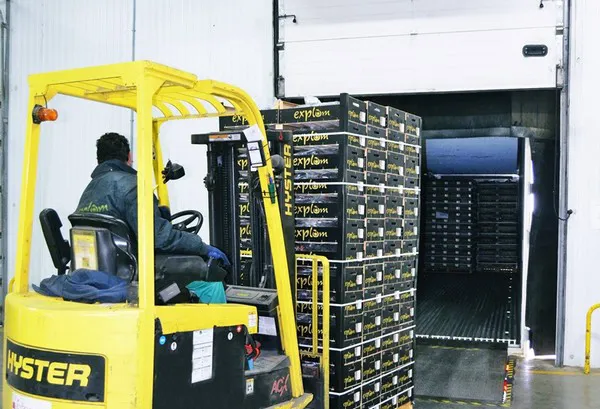
Although Brazil usually demands red-fleshed black plums and its market has reopened after last year's closure, this doesn't seem to be compensating for the lack of sales, according to José Aurelio García. "In the last three campaigns, almost the same thing has happened with the early black plums: there is not enough demand, especially for those companies that do not have programs with large retailers. We are talking about a period in which there are around 10-11 different varieties available. This causes market distortion and the supply ends up being excessive."
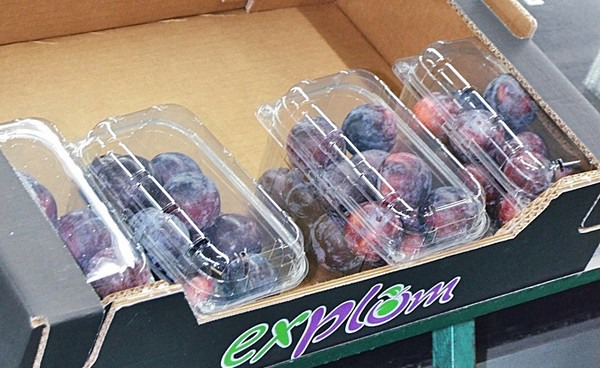
Furthermore, according to Explum's manager, most of these varieties are exported to distant overseas destinations, which also entails higher risks than shipping to European markets. "It is possible that the tendency to replace these early black varieties with other more commercially interesting alternatives will continue in the coming years."
As of this week, the Extremadura-based cooperative has begun harvesting varieties such as the red Fortuna and the yellow Golden Globe, thus starting the second stage of the campaign with better prospects.
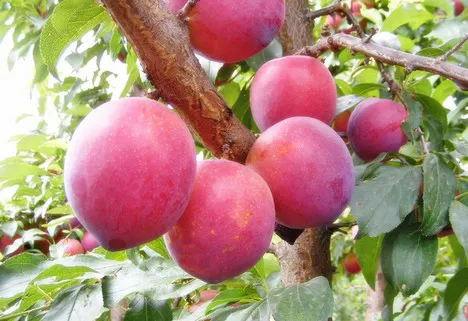
"These are varieties that are more established in the markets and whose demand tends to be higher in the period when they are harvested. Unlike the black plums at the beginning of the season, many of our customers ask us for the Golden Globe or the Fortuna varieties by name, because they are familiar with them, as well as with the Laetitia or Sun Gold, which will be harvested in the coming weeks. Later, we will harvest the Angeleno variety, one of the most recognized and for which I expect the market to behave similarly to last year. These are products of another kind, with larger sizes and a longer shelf life, so the sales processes are very different," says José Aurelio.
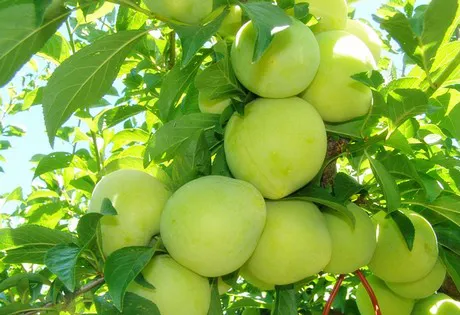
While the harvest of the first black plums fell slightly below the productive potential, Explum's manager expects lower yields for the next varieties.
 For more information:
For more information:
José Aurelio García
Explum SC
T: +34 924446338
M: +34 615289854
jagarcia@explumsc.com
www.explumsc.com
